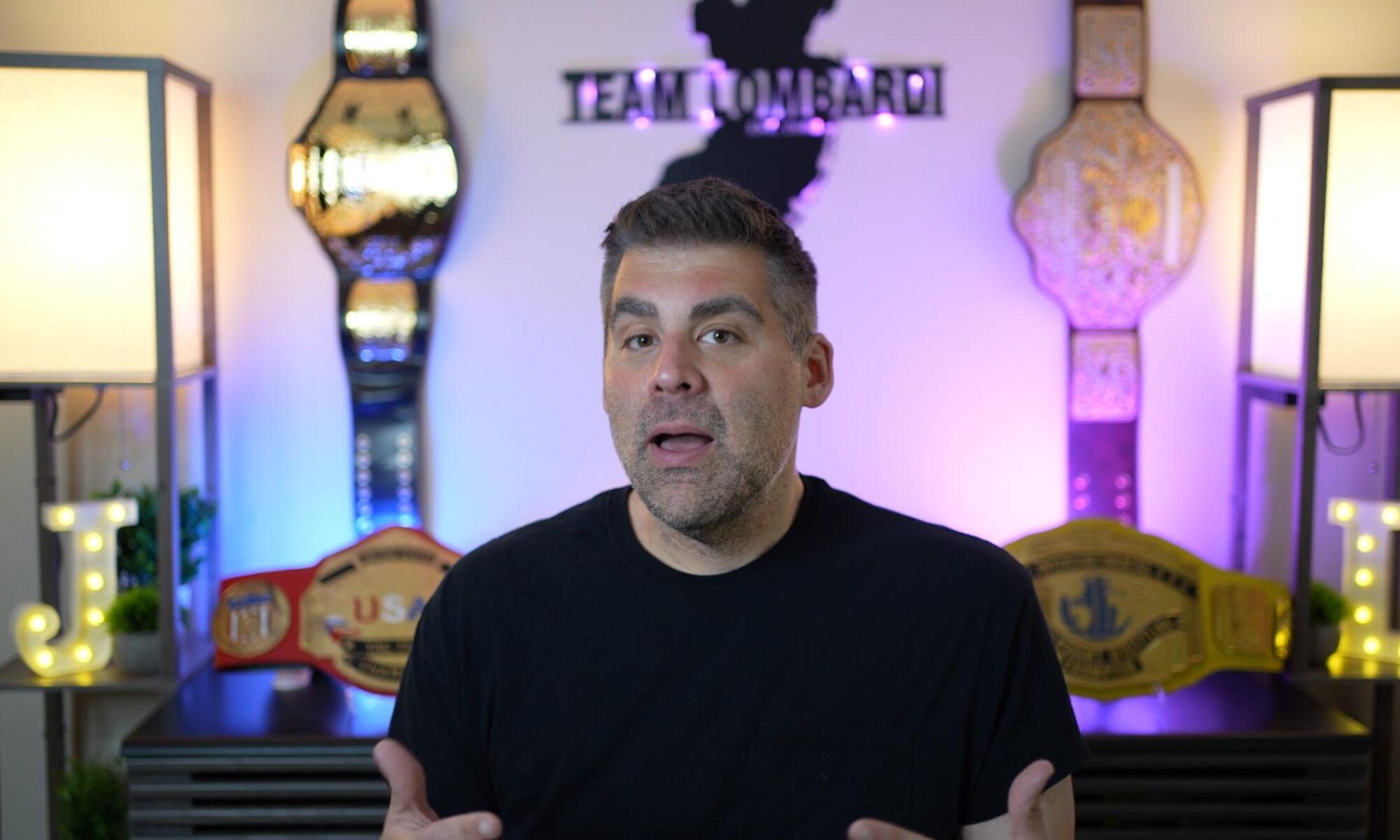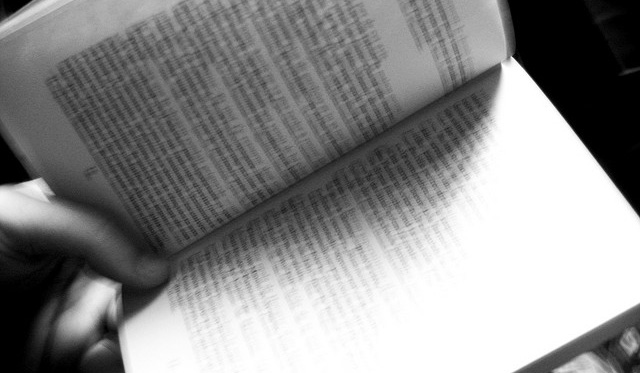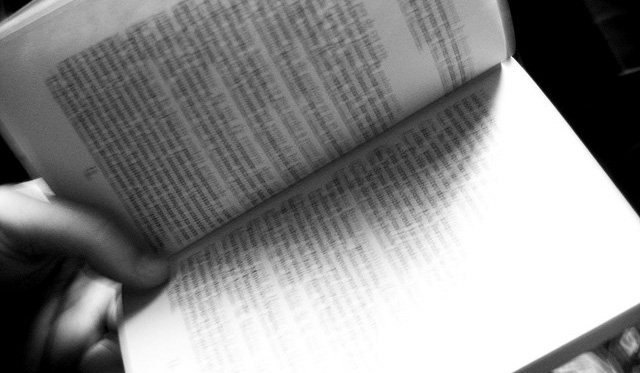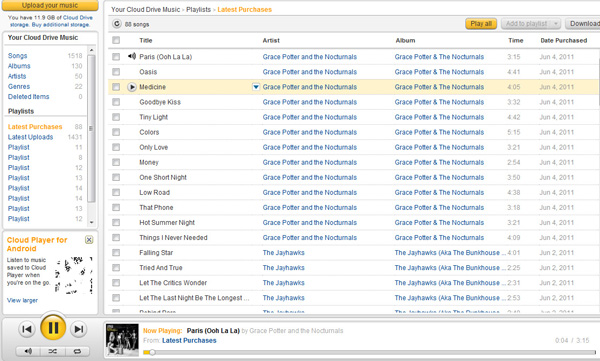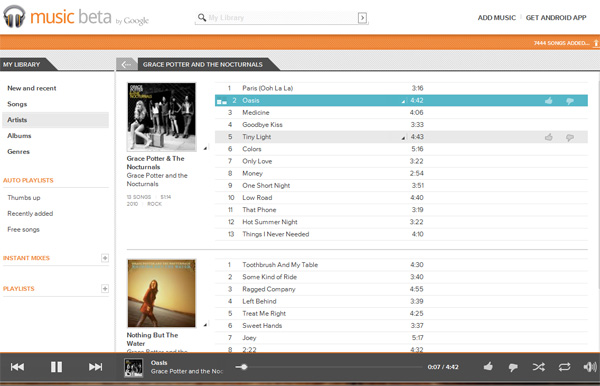( #EndersGame, #OrsonScottCard )
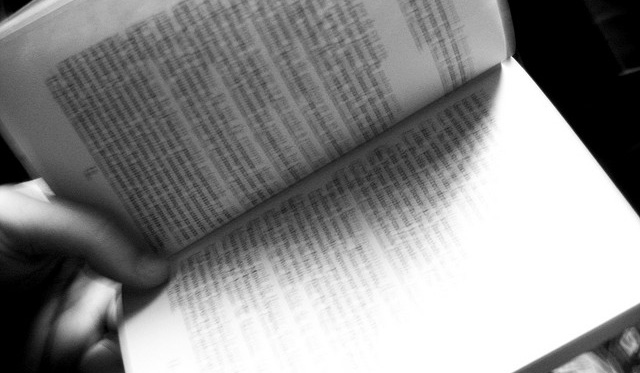
I know I have been doing quite a few book reviews lately, but that is how I have been spending my time… I think reading is better than watching TV. This post reviews four books by Orson Scott Card known as “Ender’s Saga ”.
”.
Ender’s Game
The first book in the series is easily the best and most well thought out of the four. Ender’s Game is about a boy named Andrew “Ender” Wiggins who is taken from his family by the military because of his intelligence and personality. Earth is at war with an insect-like alien race (the Buggers) that humans have no chance at beating. Because of Ender’s empathy he learns enough about his enemy to ultimately defeat them. The military’s use and abuse of Ender is the heart of the story, because the military sacrifices the child’s life/mental health to save the human race. The book ends with Andrew struggling with actions as a boy solider which causes him to leave Earth behind setting up the next book.
is about a boy named Andrew “Ender” Wiggins who is taken from his family by the military because of his intelligence and personality. Earth is at war with an insect-like alien race (the Buggers) that humans have no chance at beating. Because of Ender’s empathy he learns enough about his enemy to ultimately defeat them. The military’s use and abuse of Ender is the heart of the story, because the military sacrifices the child’s life/mental health to save the human race. The book ends with Andrew struggling with actions as a boy solider which causes him to leave Earth behind setting up the next book.
Speaker for the Dead
Speaker for the Dead is about Ender’s penance for killing an entire race of sentient creatures. He has an opportunity to restore a portion of the Buggers (one hive), but ends up getting involved with a remote Earth colony (based on Brazilian culture) that also has an alien problem. This is where Card’s story starts to go off the tracks. He introduces another sentient alien race known as the “Piggies”. They are curious creatures that are friendly, but also have killed two colonists. The public is outraged. Ender goes to the planet to learn about the men who have died and gets involved with their families and the Piggies.
is about Ender’s penance for killing an entire race of sentient creatures. He has an opportunity to restore a portion of the Buggers (one hive), but ends up getting involved with a remote Earth colony (based on Brazilian culture) that also has an alien problem. This is where Card’s story starts to go off the tracks. He introduces another sentient alien race known as the “Piggies”. They are curious creatures that are friendly, but also have killed two colonists. The public is outraged. Ender goes to the planet to learn about the men who have died and gets involved with their families and the Piggies.
Card’s introduction of the Brazilian planet Lusitania is awkward and unnecessary. To assume that humans start to colonize other planets (after Card establishes that the human race unite under one government) yet keep ridiculous cultural and religious practices in place does not blend well with what he set up in the previous book. Since he is not Brazilian, the introduction of their culture comes off as insincere and lame. The new characters are annoying and uninteresting; especially the Novinha character and her family.
Ender becomes more entrenched in the Piggies’ struggles due to a virus that kills the humans but is vital for the alien’s reproductive cycle. The concept of the virus is an interesting paradox that saves this story. The book ends with Ender restoring the Buggers on the planet and negotiating an uneasy truce between the Piggies and the human settlers. But in the process, the Earth government learns how deadly the reproductive virus is and wants to destroy the planet.
Xenocide
In the third book, all of the characters are struggling to avoid getting Lusitania blown up which will effectively wipe out the Bugger (again) and Piggie species. To further complicate matters Ender has a “companion computer” (for lack of a better term) that nobody knows about and is completely sentient. The computer calls herself Jane and is essentially a plot MacGuffin; she can do anything, so any time Card wants something impossible to happen, Jane can just do it.
Card must have read a book about China because he introduces a planet based on Chinese culture that are full of neurotic genetically enhanced people with built-in OCD to keep them under control. Card spends a good portion of the previous book and this book establishing Jane as essentially a god…then a little Chinese girl with OCD figures out a way to kill her in three seconds which makes the term “xenocide ” applies to Jane as well since she is the only member of her species.
” applies to Jane as well since she is the only member of her species.
Ender takes a back seat to plot devices and other characters. He is the cause for things to happen, but other characters drive the plot. Since the characters from the previous book are not only uninteresting but annoying, reading about them is not a gratifying experience. The story ends with the secondary characters figuring out how to go outside of reality and make whatever they want happen. To be clear: Card establishes a plot device where you can just make up whatever the hell you want to solve your problems. They make a cure for the virus so it won’t kill humans but the Piggies can still reproduce. Ender comes out of the “make up whatever you want” world with younger copies of his long dead brother (Peter) and his sister (Val), each representing aspects of his personality that feed the plot for last book.
Children of the Mind
The situation with the planet blowing up still hasn’t been resolved and Ender has two aspects of his personality running around. It is immediately clear that Card plans on putting Jane’s “essence” in Ender’s fake sister’s body. The book drags until the last few chapters to make that obvious plot point happen.
Card essentially admits that he finds Ender boring. He actually says it in the book. Ender becomes so bored with himself and his life that he puts his energy into his sibling alter-egos, which is killing him. He sends his fake brother Peter on a mission to stop the fleet from blowing up the planet, that whole plot thread gets derailed due to Card putting his travel obsessions in the series. The characters go to a Japanese planet and then a Samoan planet. Nothing happens. They don’t stop the fleet with any of this running around and end up using another MacGuffin to stop the doomsday device.
Ender eventually takes control of Peter’s body and leaves his old one behind. In the process he looses his memories (but not his intuition). Card implies this frees Ender from the guilty of committing the original genocide, but that was the entire point of the second book, Ender becoming the speaker of the dead (basically a douche-free priest based on no religion) and reestablishing the Bugger hive. The characters and plot are sort of positioned back to the start of the 2nd book. You are lead to believe that the newly young characters will explore the cosmos.
I learned that the Ender series branches out to many other secondary characters getting their own books . I don’t have any desire to read them. I do not begrudge Card for making a living off of these characters, but I feel like he missed an opportunity for greatness because the first book was so good and the last two were so bad. I highly recommend reading Ender’s Game and maybe Speaker of the Dead, but I would stop there.
. I don’t have any desire to read them. I do not begrudge Card for making a living off of these characters, but I feel like he missed an opportunity for greatness because the first book was so good and the last two were so bad. I highly recommend reading Ender’s Game and maybe Speaker of the Dead, but I would stop there.
UPDATE: I ended up reading the other books. You can read my review of the 2nd series by clicking this link.

by Daniel H. Wilson and here are my thoughts about it.
is a fictional story about machines and robots gaining a collective sentience and turning against humans. Slightly less horrific than the opening scenes in the Terminator movies, Wilson still manages to paint a gruesome picture. Society becomes dependant on robot assistance and is woefully unprepared for the slaughter even with several warning signs.
by Max Brooks. If you are going to rip off a horror book, might as well rip off one of the best. Like WWZ, the narrative in Robopocalypse is relayed by a “main character” but told in sections through a series of other characters. The main character is a soldier rather than a writer that comes across a device that collected the stories/horrors from whatever camera/robot that happened to be within the area of said tale.
” about the origin of the economic meltdown of the last few years.
